 D
D r Max Lowenstein, from the Law Department in the Business School, has a piece of research coming out in Criminology & Criminal Justice: An International Journal (rated A in the Excellence Research Australia journal ranking list) that explores the meaning of judicial denunciation. The article attempts to relate sentencing principle, policy and social theory to legal practice by comparing the perceptions of English and Danish lower Court judges when sentencing minor theft offenders. There is no coherent international academic agreement as to what judicial denunciation means. The qualitative data gathered by interviewing Danish and English judges commonly pointed to the ‘public condemnation of someone or something’ Oxford Dictionaries Online (World English). In other words, judges pointing out wrongful behavior in theft offenders during sentence summation and explaining how this impacts victims, themselves and wider society. Through a small comparison of judicial perceptions in two distinct legal cultures there were common hints provided as to what denunciation may mean and what it could achieve when applied to theft offenders. In England, the potentially negative repercussions of denouncing theft offenders in Court were the focus. As one English lay judge eloquently summed up;
r Max Lowenstein, from the Law Department in the Business School, has a piece of research coming out in Criminology & Criminal Justice: An International Journal (rated A in the Excellence Research Australia journal ranking list) that explores the meaning of judicial denunciation. The article attempts to relate sentencing principle, policy and social theory to legal practice by comparing the perceptions of English and Danish lower Court judges when sentencing minor theft offenders. There is no coherent international academic agreement as to what judicial denunciation means. The qualitative data gathered by interviewing Danish and English judges commonly pointed to the ‘public condemnation of someone or something’ Oxford Dictionaries Online (World English). In other words, judges pointing out wrongful behavior in theft offenders during sentence summation and explaining how this impacts victims, themselves and wider society. Through a small comparison of judicial perceptions in two distinct legal cultures there were common hints provided as to what denunciation may mean and what it could achieve when applied to theft offenders. In England, the potentially negative repercussions of denouncing theft offenders in Court were the focus. As one English lay judge eloquently summed up;
‘There is little impact on hardened persistent theft offenders because they know full well what they have done is wrong. It is like water off a duck’s back to them. Public shaming only has an impact if the theft offender cares about what others think of him.’
However, in Denmark, the potentially positive repercussions of denouncing theft offenders in Court were the focus. As one Danish professional judge confidently stated;
‘When you explain why conduct is unacceptable in society, particularly early on in a theft offender’s anti-social habits, it can act as an important wake up call.’
Sadly comparative qualitative data on judicial denunciation is very rare due to the significant challenges it presents to the researcher. Indeed this research comparing such an important element of the sentencing approach had never been attempted before. By gathering more data across legal cultures it may be possible to align our theoretical understandings of judicial denunciation with the common perceptions in legal practice across Europe and beyond. In this way, comparative academics can contribute to the continuing future globalization of criminal justice. Much more research on judicial denunciation can and should be done. In so doing, how public condemnation of wrongful behavior is commonly perceived by judges in relation to similar criminal offences across different legal cultures will begin to emerge.


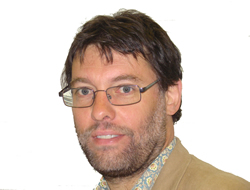
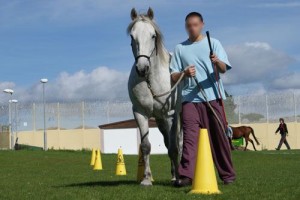
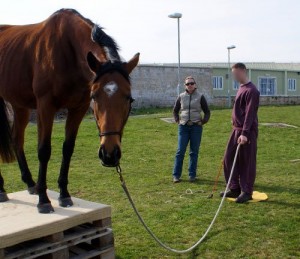 One of the participants has commented: “”I’ve been on anger management courses, alcohol courses, things like that – this is much different, you’re learning it physical, not mental if you know what I mean. It’s helped me more, without a doubt. I don’t like talking. …Normally, with other courses you’re in a group of people… you have to talk about your issues and things like that, but here you get it out in a different way, you’re doing physical things not just talking. I’ve been doing that since I was 6 years of age and it’s never worked. I learnt a lot about myself. I can actually do things. I always say I can’t but I can.”
One of the participants has commented: “”I’ve been on anger management courses, alcohol courses, things like that – this is much different, you’re learning it physical, not mental if you know what I mean. It’s helped me more, without a doubt. I don’t like talking. …Normally, with other courses you’re in a group of people… you have to talk about your issues and things like that, but here you get it out in a different way, you’re doing physical things not just talking. I’ve been doing that since I was 6 years of age and it’s never worked. I learnt a lot about myself. I can actually do things. I always say I can’t but I can.”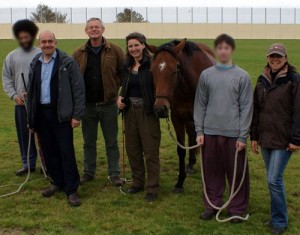


 We heard some excellent news at the end of last week that BU academics
We heard some excellent news at the end of last week that BU academics 

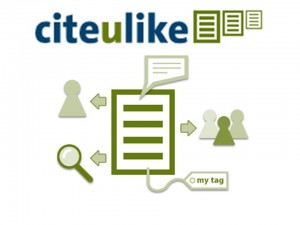
 To assist staff in preparing their applications for the internal PhD funding competition John Wakeford, Director of the
To assist staff in preparing their applications for the internal PhD funding competition John Wakeford, Director of the 

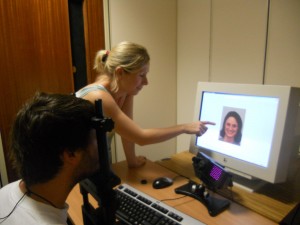 In September 2011 BU’s
In September 2011 BU’s 










 New CMWH paper on maternity care
New CMWH paper on maternity care From Sustainable Research to Sustainable Research Lives: Reflections from the SPROUT Network Event
From Sustainable Research to Sustainable Research Lives: Reflections from the SPROUT Network Event REF Code of Practice consultation is open!
REF Code of Practice consultation is open! ECR Funding Open Call: Research Culture & Community Grant – Apply now
ECR Funding Open Call: Research Culture & Community Grant – Apply now ECR Funding Open Call: Research Culture & Community Grant – Application Deadline Friday 12 December
ECR Funding Open Call: Research Culture & Community Grant – Application Deadline Friday 12 December MSCA Postdoctoral Fellowships 2025 Call
MSCA Postdoctoral Fellowships 2025 Call ERC Advanced Grant 2025 Webinar
ERC Advanced Grant 2025 Webinar Update on UKRO services
Update on UKRO services European research project exploring use of ‘virtual twins’ to better manage metabolic associated fatty liver disease
European research project exploring use of ‘virtual twins’ to better manage metabolic associated fatty liver disease